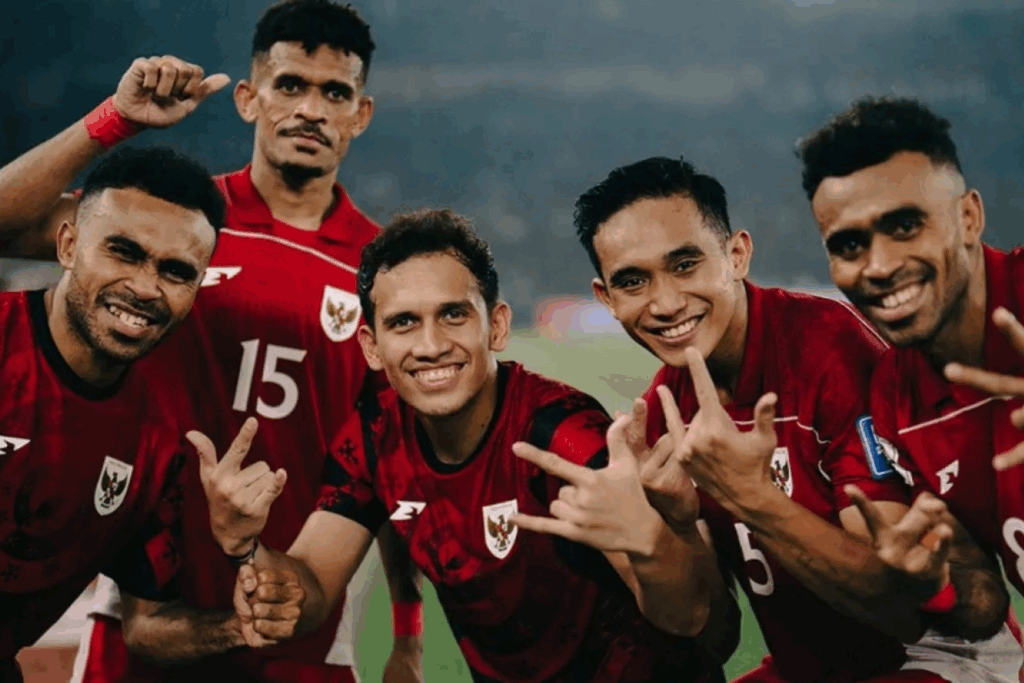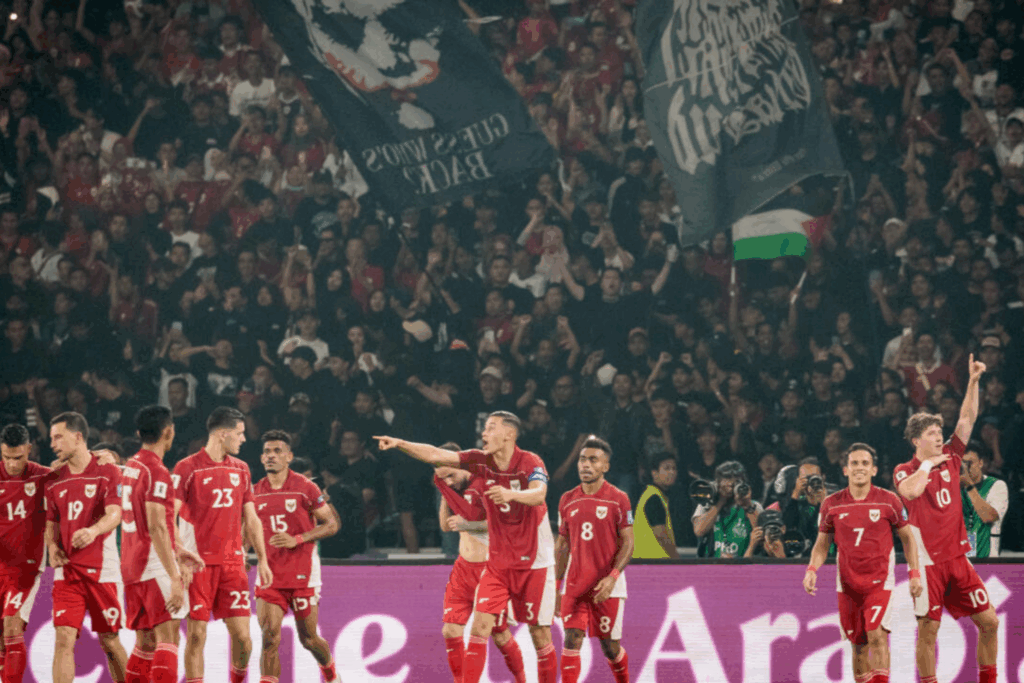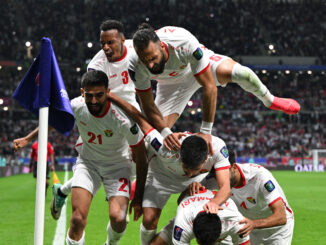
Erick Thohir rolled the dice at the start of 2025, abruptly sacking Shin Tae-yong and replacing him with the inexperienced Patrick Kluivert.
It was a bold call by the president of the PSSI so close to the end of Asian Qualifiers, and at a time when Indonesia were still in with a chance of not just progressing to the Fourth Round, but qualifying automatically.
By making such a call, he gambled on that eventuality playing out. While they failed to secure automatic qualification, they did seal passage through to the Fourth Round where the final two automatic berths are up for grabs.
So has the gamble paid off? That depends on your interpretation.
Two of Indonesia’s three wins in this campaign came under the Dutchman, a pair of 1-0 home wins against Bahrain and China that sealed their place in the Fourth Round of Asian Qualifiers and kept alive their dreams of qualifying for the first ever FIFA World Cup since independence.
It must be said, however, that those two wins came against the two bottom teams in Group C and Kluivert’s two other games in charge, against Japan and Australia – the first and second ranked teams in the group – produced Indonesia’s two heaviest defeats of the campaign; 5-1 at the hands of Australia and 6-0 at the hands of Japan.

It’s hard to know quite what to make of it all. The dual hammerings at the hands of both Australia and Japan exposed all the frailties and shortcomings that exist within this Indonesian side.
Having qualified for every World Cup of the past two decades, Japan and Australia represent the high watermark in Asia; a level Indonesia aspires to reach.
“The Japanese national team is a very high-quality team,” said Kluivert. “I realised that they are a World Cup-level team both at the individual level and as a team. They are truly a great team.”
“All the countries that advance have a strong desire to move on to the next stage and are very capable. We will use what we have learned this time to play a good game against some very interesting opponents.
“The first thing we need to improve is our offence. I think we need a bit more power in our finishing. The playoffs will be a completely new start, so we want to make fresh improvements in preparation for that.
“Our defence was a bit vague today. We want to play even better as a team in the playoffs.”
Vague is one way of describing a defence that leaked six, and leaked 11 goals in total in the past four games. For all the strengthening of the side through naturalisation, especially through defence and midfield, there is still a very weak underbelly to this Indonesian side.
Is that a function of talent or system? Or both? Whatever it is, if Indonesia is to give themselves a chance of qualifying for next year’s tournament, then it is the first area they need to improve.

Because on the evidence of those two performances against Australia and Japan, they are well short of that level, even with the incredible rate of naturalisations that we saw during this campaign. While that was viewed as a shortcut to success, has it perhaps had the opposite effect?
The strength of this Indonesian side as it was coming through under Shin was its collective core that had come through the underage systems together, also under Shin, and so had an innate understanding of each others game.
There was a cohesiveness that appears to have been undone by the influx of naturalised talent. To watch Indonesia now is to watch a side that at times look like strangers not only to each other, but to those watching on at home and in the stands.
Who is this current Indonesian side?
In the early days under Shin, there was a clear identity to this side; a golden generation of home-grown talent all coming through together, with a smaller group of naturalised players that plugged gaps and added strength and depth.
But as the PSSI turbocharged the naturalisation process, adding dozens more names into the mix, with players churned in and out with each passing window, has the team lost a little of its soul?
First-team regulars such as Asnawi Mangkualam, Pratama Arhan, Witan Sulaeman and Ernando Ari have been largely phased out as the qualification campaign has progressed, but can we seriously say that those who have replaced them have substantially improved the side? That is open for debate.
Former national team striker, Sergio van Dijk – himself naturalised over a decade ago – has concerns with how wide ranging the naturalisation process is.
“There are definitely downsides,” he told The Asian Game in March.
“My main concern already was we are looking at results and stuff, but we are mostly looking at results in the short term. For the long term, I think this could be an issue.
“Because first of all, the local players could feel demotivated at this moment, not having a chance to make it or having a very difficult chance to make it into the national team.
“But also, if you look further than that, the future of Indonesia, how is that going to work? I mean, is it still a little boy or girl’s dream to become a national team player when there are so many naturalised players playing at this moment?

“I think we need to also consider, and we as Indonesia, consider putting that much effort in the main national team, but also putting that effort in the youth development.”
So while Indonesia finish the campaign having achieved one goal of advancing to the next round, in the process have they lost the spark that made them such an exciting force only 18 months ago? Was that the trade-off required to ensure passage through a tough qualifying group?
They’re questions yet without an answer, but ones that will become clearer with time when we discover whether Thohir’s gamble actually paid off.




